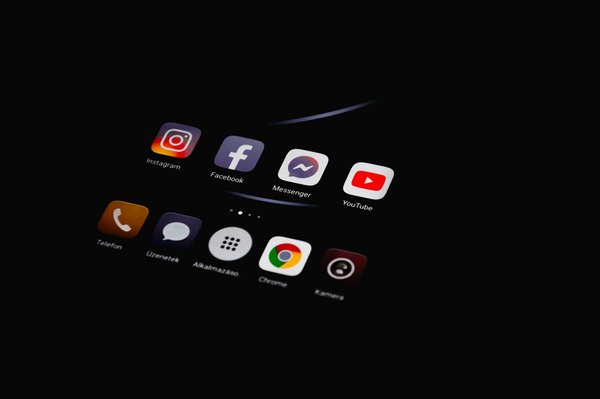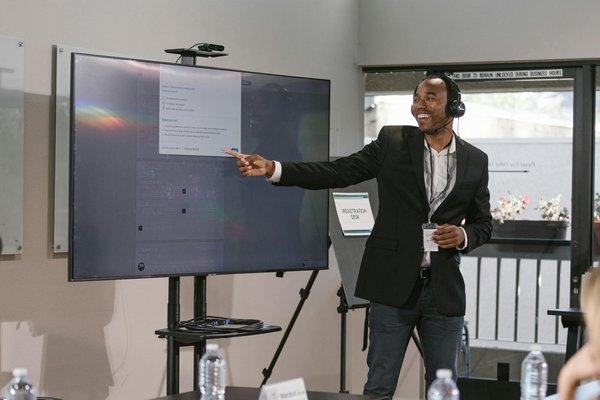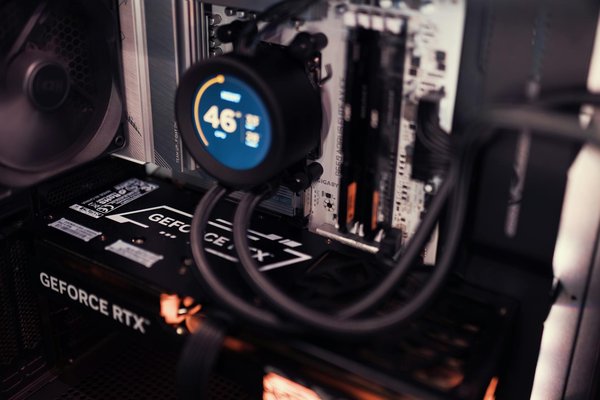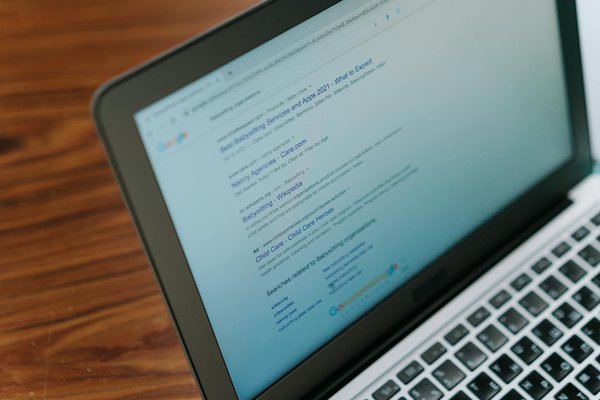Explore Our Coverage
From hardware infrastructure to algorithmic marketing strategies
Latest articles
Our recent publications


What Essential Features Should You Look for in a Computer Hardware Purchase?

What Innovations Are Expected in UK Computing Hardware Over the Next Decade?

How Are Cutting-Edge Technologies Transforming Everyday Life in the UK?

How Can AI Innovations Shape the Future of UK's High-Tech Industry?

How Will High-Tech Developments in Computing Affect Our Daily Lives?

Transform your product images with an ai photography tool

A closer look at job boards for crypto and blockchain careers

Connect ai to premium private data providers for enhanced performance

How Could Advances in Computing Affect Internet Privacy?

The essentials of the 802.1x protocol in modern network security

What are the ethical implications of AI in UK internet usage?

What are the UK strategies for enhancing digital infrastructure?

How Can UK Businesses Leverage Computing Technology to Boost Marketing Strategies?

How does UK computing influence personalized marketing efforts?

What Creative Strategies Reinvent UK Computing Marketing?

AI in UK healthcare: What are the transformative possibilities?

Discover the best youtube reactions with reaction finder

How are UK businesses adapting to the rise of IoT?

Mastering change: the power of implementation methodology

What are the benefits of open-source software in UK computing?

How Can Smartphones Revolutionize UK Computing Practices?

How is artificial intelligence influencing UK smartphone features?

What Upcoming Innovations Will Shape the Future of Smartphones?

How are UK video game developers addressing accessibility?

How Can Video Game Culture Influence Technological Development?

What are the key trends in UK video game AI development?
Frequently Asked Questions
What exactly does Recsys Twitter cover?
We focus on Twitter's recommendation systems, content ranking algorithms, machine learning infrastructure, and the technology behind social media feeds. Our articles range from technical deep dives into algorithmic mechanisms to accessible explanations of how your timeline gets curated.
Do I need a technical background to understand the content?
Not at all. While we publish detailed technical analyses for developers and researchers, we also create beginner-friendly guides that explain complex concepts in plain language. Each article is tagged by difficulty level so you can find content that matches your expertise.
How often is new content published?
We publish 3-4 major articles per week, covering everything from breaking news about algorithm updates to comprehensive feature analyses. Our newsletter subscribers get a curated weekly digest of the most important insights and developments.
Are the algorithm breakdowns based on official Twitter documentation?
We combine official documentation, open-source code releases, research papers, reverse engineering analyses, and insights from the developer community. Every claim is thoroughly sourced and verified to ensure accuracy in our technical breakdowns.
